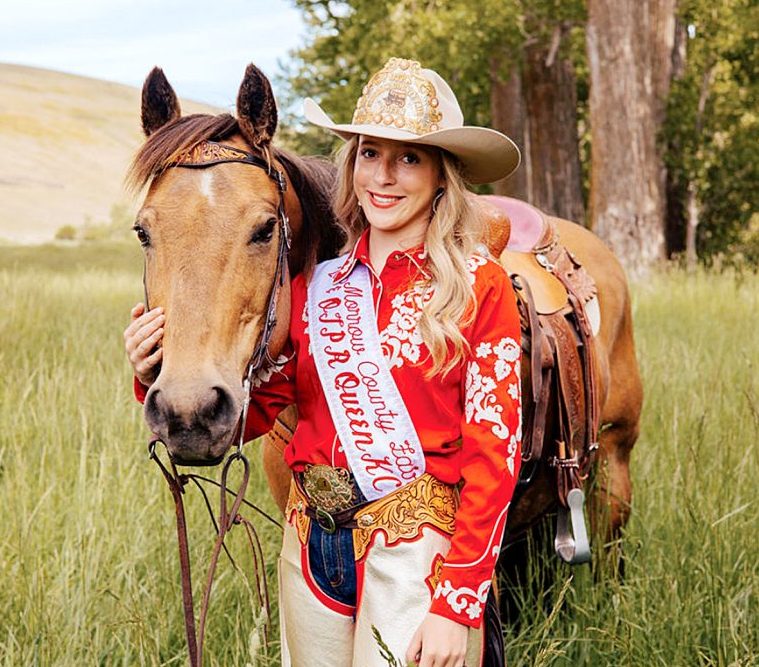Petition urges federal action to protect U.S. sheep producers
Published 3:45 pm Tuesday, September 12, 2023

- Henry Etcheverry
U.S. sheep producers need relief immediately from industry-decimating imports, a livestock producers’ advocacy group says.
The Ranchers-Cattlemen Action Legal Fund, United Stockgrowers of America has petitioned the U.S. Trade Representative to initiate immediate action to protect U.S. sheep producers.
Trending
The producers are suffering serious injury and face the prospect of “near total extinction due to the unrestrained and ever-increasing importation of foreign lamb and mutton that do not meet the United States’ more stringent production standards,” Bill Bullard, CEO of R-CALF USA, wrote in an Aug. 3 letter to U.S. Trade Representative Katherine Tai introducing the petition.
Domestic producers threatened
Low-cost imports from Australia and New Zealand are displacing U.S. production “at an alarming pace,” creating “what soon will be an irreversible dependency on foreign supply chains,” he wrote. “Only with immediate intervention by the administration and Congress can the impending catastrophic outcome be averted.”
The U.S. sheep industry “is in dire need of both tariffs and tariff rate quotas,” according to the petition from R-CALF USA’s sheep committee. These will “preserve an opportunity for the nation’s remaining commercial sheep producers to remain economically viable and competitive” and “increase production to reduce the American consumer’s dependency on foreign product.”
“We’ve got to get some kind of congressional recognition on this, and some help,” Rupert, Idaho-based sheep rancher Henry Etcheverry said in an interview.
U.S. sheep producers face stricter regulatory standards and “pay the bills, pay the taxes,” he said. “We need to preserve a domestic supply of our agricultural goods, and we are part of that scenario.”
Trending
Investigation sought
The petition urges the trade representative to request that the U.S. International Trade Commission conduct a global-safeguard and market-disruption investigation, and that Congress establish phased tariff rate quotas over 10 years — to encourage U.S. production growth over the period, to 50% market share by year 10.
The investigation is justified because lamb and mutton, primarily from Australia, are imported into the U.S. “in such increased quantities as to be a substantial cause of serious injury to the domestic sheep injury,” according to the petition.
R-CALF has been meeting with members of the Senate Finance and House Ways and Means committees, and other members of Congress, to encourage support of the petition, Bullard said in an interview.
‘Widespread support’
“We’re also seeing widespread support from sheep producers and people who want to support the American sheep industry,” he said. “We’re trying to generate a groundswell of support to take immediate action.”
No tariff applies to Australian lamb and mutton, and the tariff on New Zealand products is too low — less than four-tenths of a cent per pound — to curb increases in product from that country being shipped to the U.S., according to the petition.
More than 75% of imports were from Australia in 2022, aided by inflation and a currency exchange rate that makes Australian products less expensive, according to the petition. The U.S. dollar was worth just over $1.55 Australian on Sept. 11.
Consolidation and concentration in the packing industry is another factor, according to the petition.
“We need more money for our lambs, simply a fair price,” Etcheverry wrote in a petition addendum. U.S packers “are told if they ask for more of a carcass price, the meat purveyors, chain stores, jobbers, etc., will switch to imported lamb.” The imported product “is inferior to domestic lamb but the price is consistently under our U.S. price.”
The R-CALF effort is being noticed, said Frank Shirts, a sheep rancher near Wilder, Idaho.
“The public is really interested,” he said. “Every place you go, someone tells you about it.”









